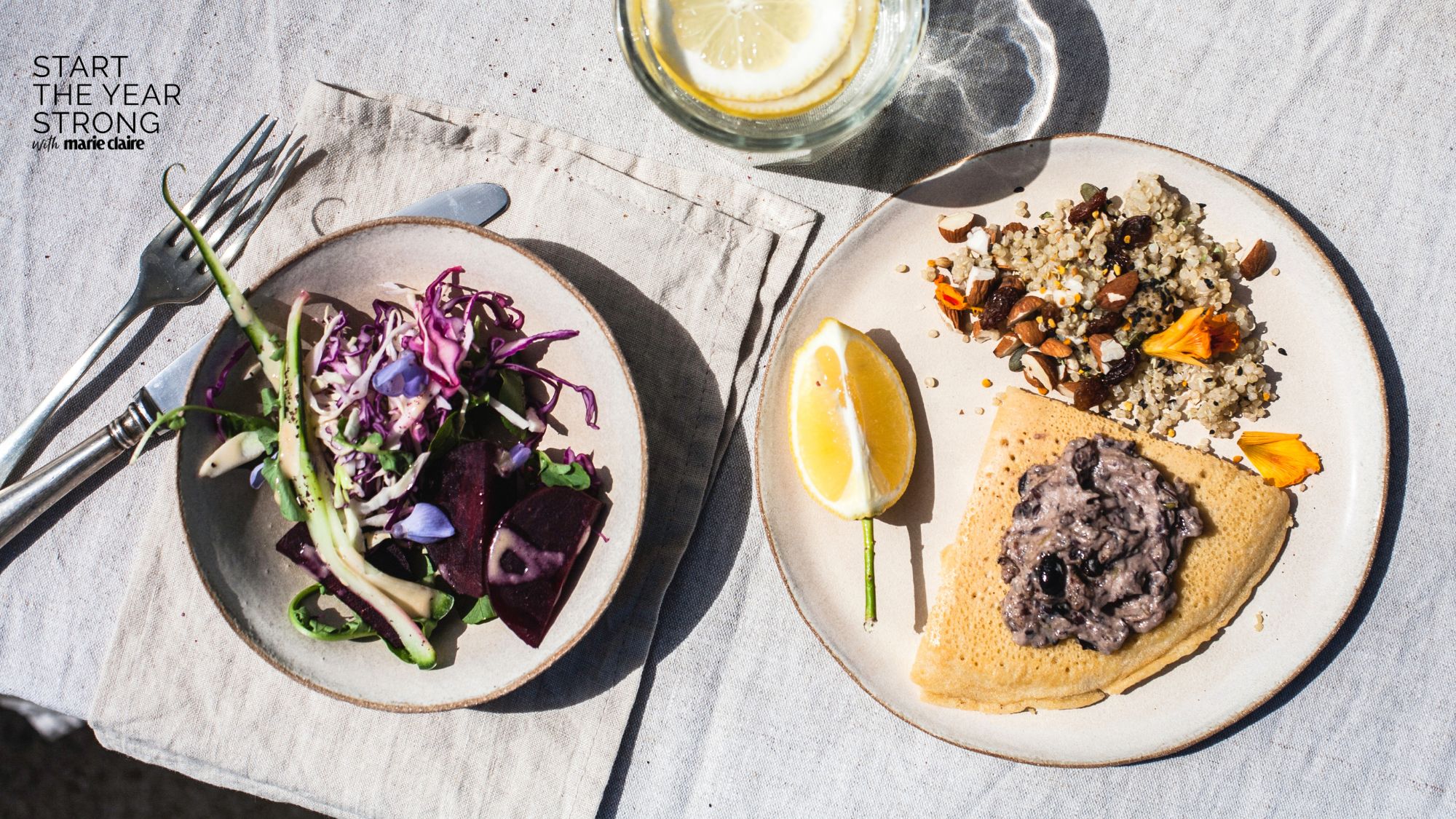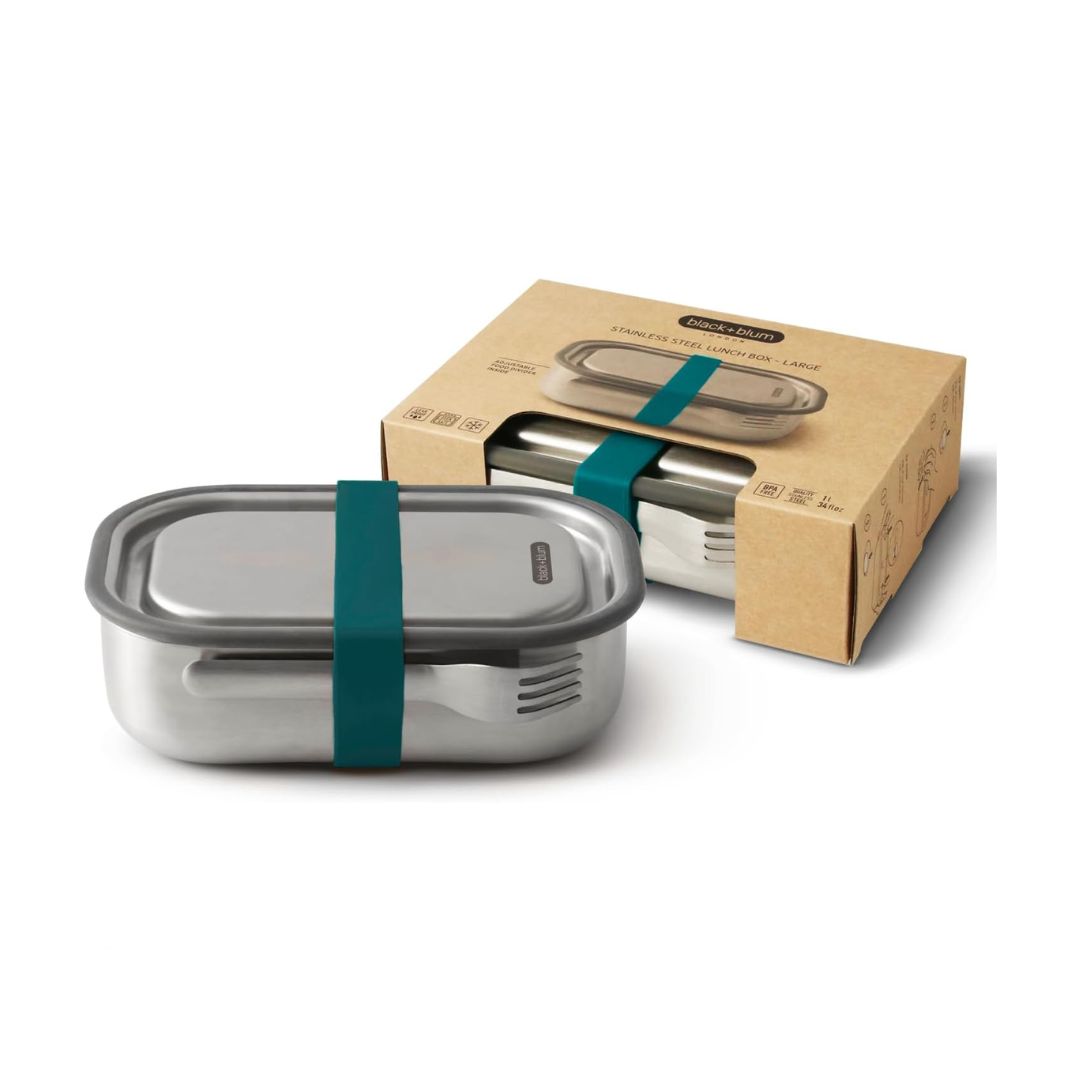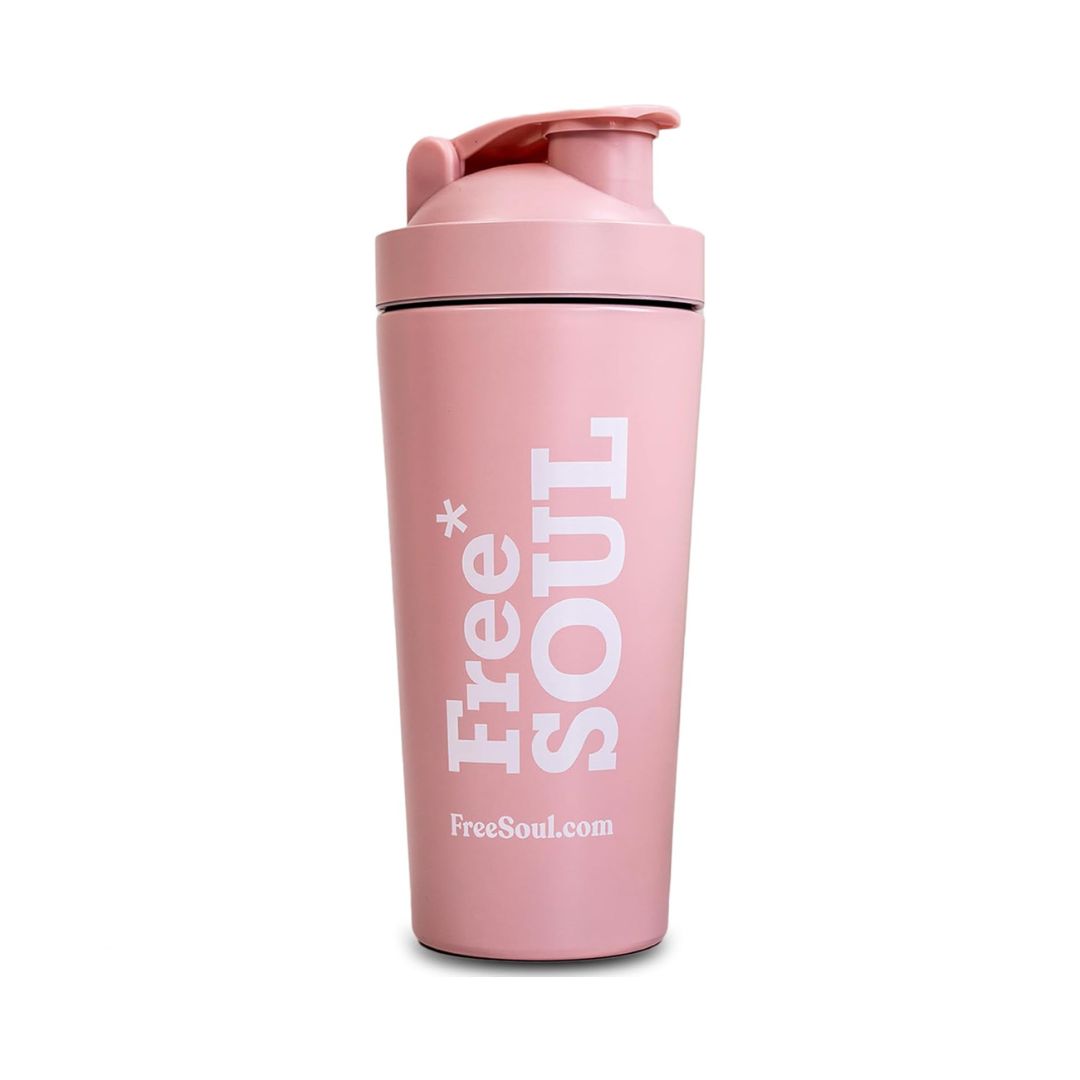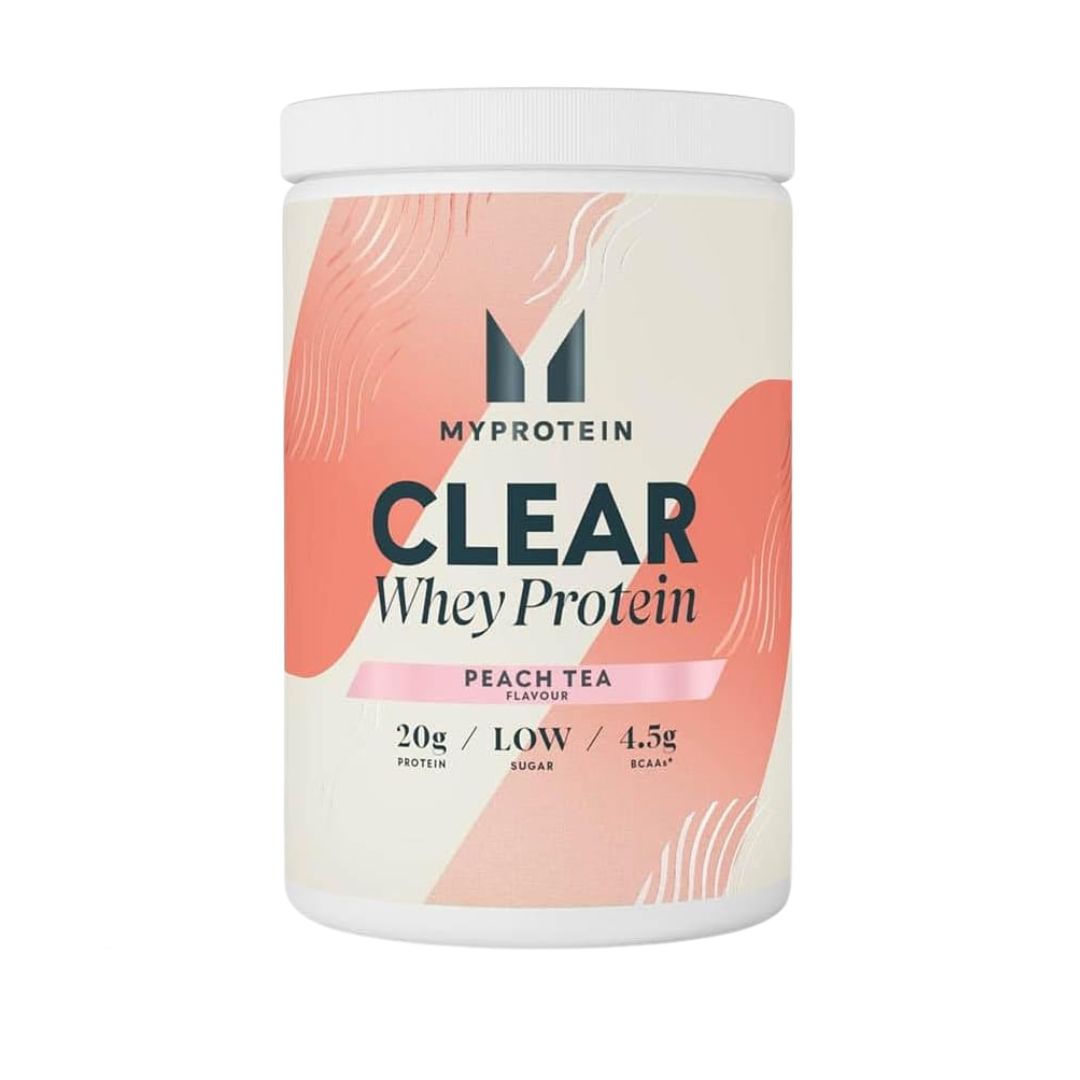Constantly hungry? You might not be eating enough protein – 6 signs you're not hitting your daily target
Your need to knows.


Cereal, pancakes, a Mars bar spinoff – just a few of the foods that have been "supercharged" with added protein in recent years. Swing by your local supermarket and you’ll find specially formulated yoghurts in the fridge section packing 25-odd grams of protein per pot, and tortilla wraps weighing in at an impressively high 10g of the nutrient per serving. So stratospheric has the topic of protein become, that it’s very typical now for food and drink items to have their protein content tattooed on the packaging in big, bold letters to better stand out to the nutritionally minded while shopping. On TikTok, at the time of writing, there are 1.7 million posts which feature the hashtag #protein. Meanwhile, the global protein market is, according to Statista, currently valued at $27.5 billion, with this number forecasted to almost double by 2030.
But for all its volume, data from a small study conducted in 2020 suggests that many of us may not be meeting the recommended daily intake of protein. Not sure what protein actually is? Well, it’s an essential nutrient that plays a vital role in numerous physiological functions, which is what makes it so important to be mindful of the signs you’re not getting enough.
Alongside carbohydrates and fat, protein is one of the three main dietary macronutrients. “It is required for the growth, repair, and maintenance of the body’s tissues, including muscles, skin, and hair,” says Ro Huntriss, registered dietitian and chief nutrition officer of Simple App. “It supports the production of enzymes, hormones and even antibodies, which are needed to support metabolism, digestion, and immune function.” You may have heard about the pros of protein from a muscle-building perspective, and it’s true that it’s particularly important during growth, recovery, and for those who are active, according to Huntriss.
Wondering how much protein you need? In the UK, the recommended daily intake is 0.75g of protein per kg of body weight. This would mean that someone weighing 60kg, for example, should aim for a protein intake of at least 45g. However, there are instances where a higher protein intake can be beneficial, per Huntriss. “Research suggests that intakes in the range of 1.2 to 1.6g protein per kg of body weight per day can be a more ideal target for optimal health, particularly for those who are active, meaning an intake of between 72 to 96g per day for the same 60kg individual.”
There’s lots of discourse surrounding the optimal intake of protein and, ultimately, it comes down to your personal circumstances and objectives. What’s really important, however, is ensuring you consume enough to allow your body to fulfil its many responsibilities. If you aren’t certain that you’re meeting your ideal daily intake, or you’d like some more support, it’s best to consult a nutritionist or dietitian, if you can. Keep reading to learn the signs you’re not getting enough protein.
Keen to shop? Don't miss our guides to the best protein powders, best clear proteins and vegan protein sources to buy, or read more about how to get enough vegan protein from vegan protein sources if you're plant-based, too.
Protein is essential as part of a balanced diet – 6 signs you're not getting enough
1. Hair loss or thinning
“If your hair is feeling thinner than usual or you notice it’s coming out in the shower, this could be a sign you aren’t getting enough protein,” says registered nutritionist and author, Jenna Hope. Inadequate protein intake can cause hair to become dry and brittle while, in extreme cases, can cause hair loss. Ensuring you hit your protein quota for the day – consistently – will help to boost hair health and density.
Celebrity news, beauty, fashion advice, and fascinating features, delivered straight to your inbox!
“Make sure you include a protein source at every meal, says Huntriss. These include:
- Lean meat
- Fish
- Eggs
- Tofu
- Legumes like beans and lentils
- Nuts and seeds, like almonds, cashews, pumpkin seeds and sesame seeds
- Dairy products, like milk, cheese and yoghurt.
2. Loss of lean muscle
“If you’re feeling weaker than usual or you’re exercising consistently and progressively but you’re not getting stronger, this could be a sign you need more protein,” says Hope. Not prioritising recovery, overall nutrition, and overtraining are all things that could make you feel low-energy or like you’ve reached a plateau, so it’s worth consulting a nutritionist or dietitian and personal trainer to get to the bottom of the cause if you aren’t sure.
“A reduction in lean muscle mass can also be an indication of insufficient protein intake,” says Huntriss. “You can monitor this visually or through scales that monitor muscle mass.”
3. Weak or brittle nails and dry skin
If you often find you have weak or brittle nails that break easily, Hope says this is a warning sign that you may not be getting enough protein (though, it’s important to bear in mind that this can also be caused by other factors, such as an iron deficiency). “If you don’t consume adequate amounts of protein, the cell structure of your skin could be impaired,” she says. “Ensuring you’re eating enough protein can help to restore your skin health.”
Huntriss recommends incorporating some protein-rich snacks into your diet, such as boiled eggs, nuts or edamame beans.
4. Slow recovery from injury
As protein plays a role in tissue repair and collagen production, it plays an important role in wound healing, Huntriss explains. “If wound healing is slower it could be an indication that nutritional intake, including protein intake, should be improved. We tend to see this more in older adults,” she says.
A quick and easy way to boost your protein intake for the day, which Huntriss recommends trying, is adding protein powder to your smoothies, yoghurt or porridge. Read our Editor-approved round-up of the best protein powders, here.
5. Regular illness
If you’re regularly struck down with the sniffles and it takes a long time for you to recover, this could indicate that your protein intake isn’t sufficient. “Remember that proteins are essential in building antibodies which support the body’s immune system,” says Huntriss. “Frequent or more severe illness can be an indication of poor nutritional status, including a low protein intake, so ensure that your diet is nutritionally complete to minimise illness.”
Low protein consumption isn’t, of course, the only cause of prolonged illnesses that are hard to shake, so always consult a medical professional if you’re concerned. If cold symptoms get worse or don’t clear after ten days, or if you develop a fever, see your GP.
6. You often feel hungry after eating
Last but by no means least, "if you’re struggling with hunger and cravings, you may not be eating sufficient protein,” says Huntriss. To be clear, the goal isn’t to suppress your appetite by increasing your protein intake – it’s to ensure that your body gets all the fuel it needs to operate optimally. If you’re scrimping on protein, you may finish meals feeling unsatiated and still hungry.
Try this: A simple way to add more protein to a meal? Sprinkle some nuts or seeds on your veg to up your intake.
Shop MC UK's go-to fit kit now:

If you don't already have food containers coming out of your ears, this one's a good option to invest in specifically if you're committed to upping your protein intake. It's Senior Health Editor Ally Head's favourite brand for a reason - all of the designs are leak proof, wash well, and some even have separate compartments to store, say, your Greek yoghurt separately from your toppings – think granola, fruit, and whatever else you fancy for an on-the-go protein boost.

Abbi Henderson is a freelance journalist and social media editor who covers health, fitness, women’s sport and lifestyle for titles including Women's Health and Stylist, among others.
With a desire to help make healthcare, exercise and sport more accessible to women, she writes about everything from the realities of seeking medical support as a woman to those of being a female athlete fighting for equality.
When she’s not working, she’s drinking tea, going on seaside walks, lifting weights, watching football, and probably cooking something pasta-based.

